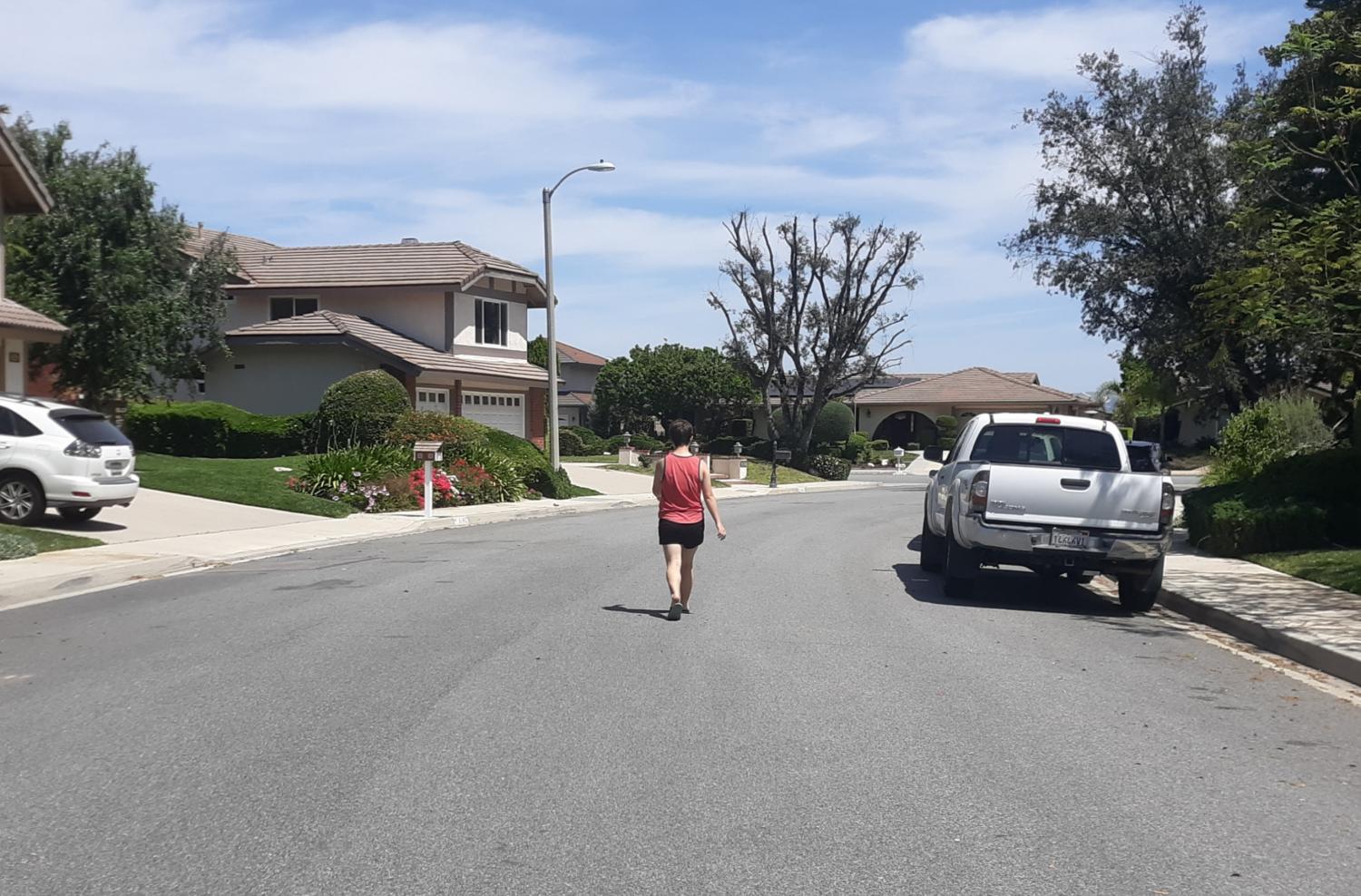The stress of quarantine is taking its toll on all of us, but it’s important to try and maintain good mental health in these challenging times.
It’s normal to feel overwhelmed right now. We have been blocked from most social interaction, have had our whole schedule tossed out the window, and are now being thrown into a whole new one. Countless events- including graduation- have been canceled, and while calls and video chats can reach our friends, it doesn’t give us the in-person contact that humans need.
Even without the social separation and sudden change in schedule, the threat of the virus would still be taking its own toll. Research by The Lancet found fear of infection to be one of the key stressors in quarantine, some others being frustration and boredom, lack of supplies, and inadequate information.
“I actually miss going to school and being in a social environment. I miss the support of my teachers in my academics and I miss getting to bond with people and just be free,” freshman Bailey Glass said.
According to the CDC, signs of stress may include an increase or decrease in activity levels, irritability, having trouble relaxing or sleeping, worrying extensively, wanting to be alone, blaming others or inability to feel pleasure or happiness.
We’re all probably experiencing these symptoms to some degree, but it’s important to not let them get out of hand. Luckily, there are many ways to cope as well as resources to help.
Confinement and lack of routine can quickly lead to distress, so it’s important to try and form some routine, even if it’s just to go on a walk at a certain time every day- which could help with another way to avoid stress during these times: keeping good physical health.
Self-care is key. Eating well (or at least decently), staying active, and getting good sleep can all aid in coping with or keeping away feelings of helplessness.
Another way to avoid stress is by keeping busy. Keep in contact with friends and try making a list of things you can do, whether it’s something useful like cleaning your room or a show you want to binge-watch, having an activity ready to go can help keep negativity at bay.
It’s crucial to find reliable information on COVID-19. The Lancet listed lack of clarity on the severity of risk as one of the biggest stressors under insufficient information. While things have mostly settled down now, this was definitely a problem at the start of the pandemic, and you should remember to trust reliable health organizations such as the CDC and the WHO over random information you may find online or even hear someone say on the news.
If you need to, reach out. Parents and friends can give support, and on the TOHS counseling website, there’s a google form for help in academic, college/career, registration, summer school, distance learning, and emotional support problems. Alternatively, there are many online support groups and hotlines. Also, online therapy is an option if you feel you need it.
Lastly, stay positive.
Obviously it’s not at all that easy, but it’s important to remember there is no right way to spend quarantine. Whether it’s watching every show on Netflix or getting more work done than ever, what matters is that you do what is best for you.
HELP LINKS:
(helplines:)
Suicide Prevention Lifeline 1-800-273-8255
↳ Lifeline chat https://suicidepreventionlifeline.org/chat/
↳ open 24 hours and confidential, please reach out if you need help
National Domestic Violence Hotline 1-800-799-SAFE (7233)
↳ Chat https://www.thehotline.org/what-is-live-chat/ , both 24 hours and confidential
The Trevor Project(LGBT+ helpline) 1-866-488-7386 (24 hours)
↳ chat and text options available on website https://www.thetrevorproject.org/
Optum(Emotional Support Help Line, open 24 hours) 1-866-342-6892
(resources:)
TOHS counseling http://www.tohscounseling.org/



